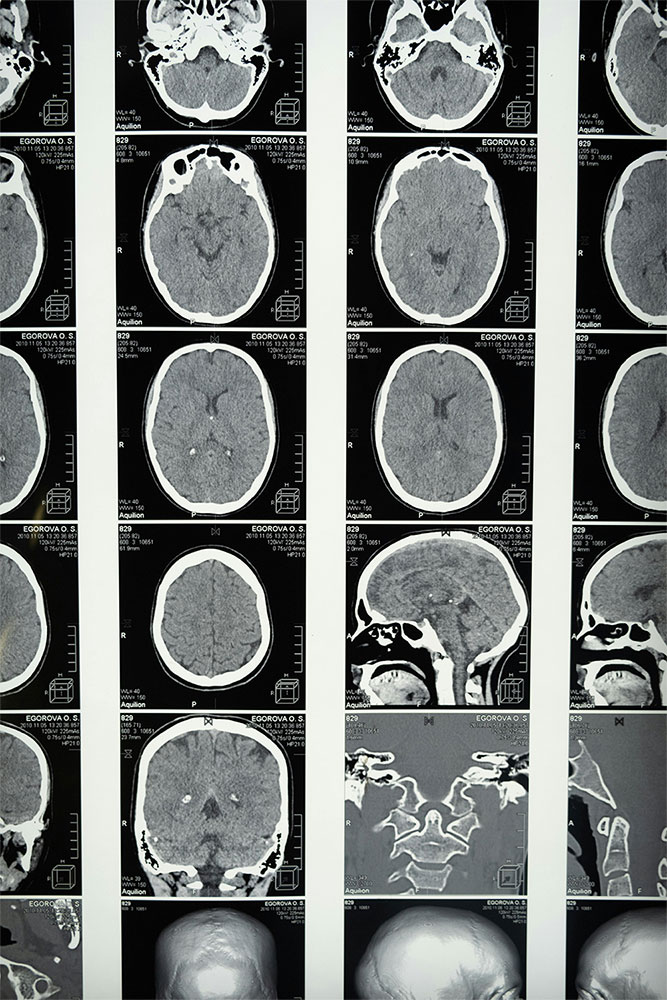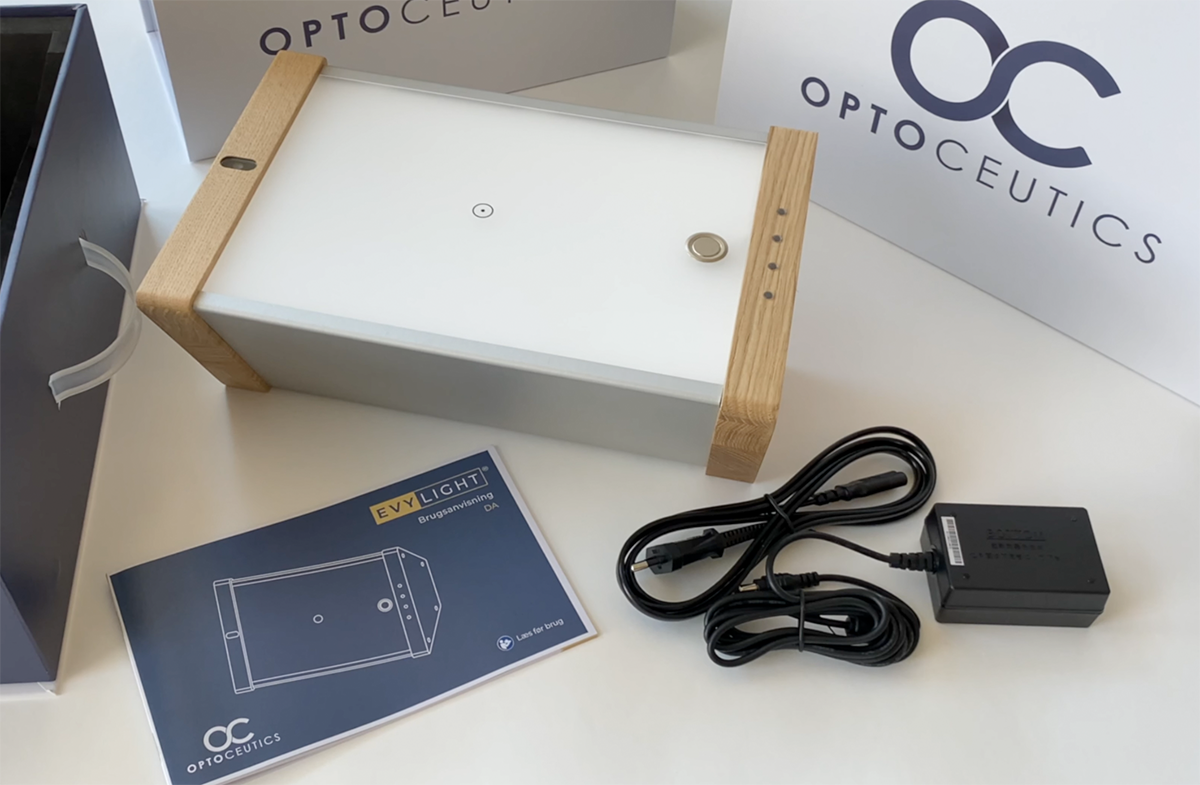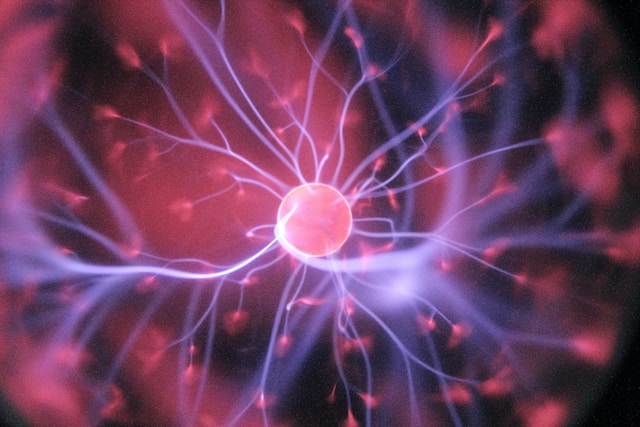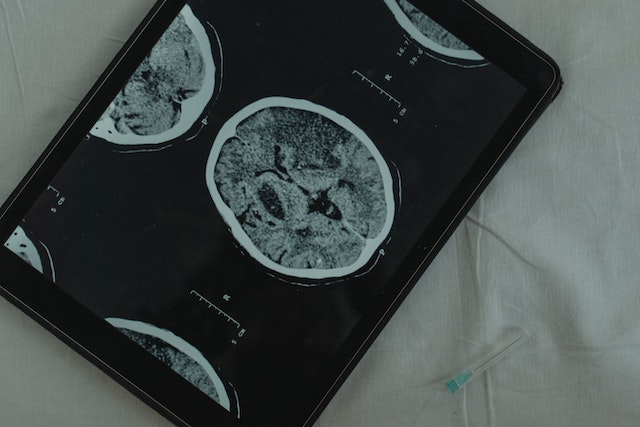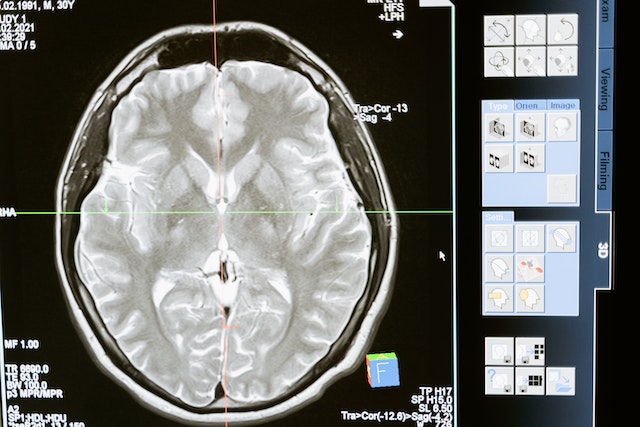With the constant distractions and information overload present in our modern world, maintaining focus has become an increasingly elusive skill. The ability to concentrate deeply and stay on task is crucial for achieving our goals, being productive, and finding success in both professional and personal endeavors. However, many of us struggle to sustain our attention amidst the noise and demands of daily life. Fortunately, there are effective strategies and techniques that can help us reclaim our focus and unlock our true productivity potential.
In this comprehensive guide, we will explore a range of strategies and insights to enhance your ability to concentrate and stay focused on tasks. We will delve into various aspects of focus, including understanding its nature, optimizing the environment for concentration, leveraging the power of the mind-body connection, and harnessing the potential of technological tools. By adopting and implementing these strategies, you can navigate the challenges of the modern world with clarity, efficiency, and purpose. Let’s dive in!
Warm-Up for Focus
Just as athletes warm up their bodies before a competition to optimize performance, your mind also benefits from a warm-up routine before diving into focused work. This preparatory phase allows your brain to transition from a state of distraction to one of focused attention. By intentionally engaging in activities that stimulate cognitive function and promote mental clarity, you can set the stage for a productive and undistracted work session. Here are some effective warm-up strategies to consider:
a) Mindfulness Meditation: Mindfulness meditation has gained popularity for its ability to enhance focus and concentration. Taking a few minutes to sit in a quiet space, close your eyes, and focus on your breath can significantly improve your cognitive readiness. Mindfulness meditation promotes self-awareness and helps you cultivate a non-judgmental attitude towards your thoughts and distractions. By practicing mindfulness, you train your mind to let go of intrusive thoughts and return to the present moment, priming it for optimal focus and attention.
b) Deep Breathing Exercises: Deep breathing exercises have been used for centuries as a technique to induce relaxation and increase mental clarity. By taking slow, deep breaths and consciously focusing on each inhalation and exhalation, you can activate the body’s relaxation response and reduce stress and anxiety. Deep breathing oxygenates the brain and provides a calming effect, preparing your mind for sustained focus and improved cognitive performance.
c) Physical Movement: Engaging in light physical activity before tackling demanding mental tasks can stimulate blood flow to the brain and increase alertness. Consider incorporating a short exercise routine, such as stretching, walking, or gentle yoga, to get your blood flowing and wake up your body and mind. Physical movement not only enhances cognitive function but also helps alleviate muscle tension and promotes overall well-being, creating an optimal environment for focused work.
d) Visualization and Goal Setting: Before starting your work session, take a moment to visualize the desired outcome and set specific goals for what you want to accomplish. Visualizing success and establishing clear objectives helps align your focus and motivation. By visualizing yourself engaged in the task with utmost concentration and envisioning the end result, you activate your brain’s cognitive networks associated with attention and goal-directed behavior. This mental preparation primes your mind for focused work and increases your commitment to achieving your objectives.
By incorporating these warm-up strategies into your daily routine, you can create a mental ritual that signals to your brain that it’s time to shift into a focused state. These practices help clear your mind, increase alertness, and prepare you for the task at hand. Just as warming up is essential for athletes to perform at their best, a focused warm-up routine sets the stage for optimal cognitive performance and productivity.
Embracing Fluctuations In Focus
It’s important to recognize that focus naturally fluctuates throughout the day. The human mind naturally experiences fluctuations in attention. Rather than viewing these moments of wandering focus as hindrances to productivity, we can embrace and leverage them to enhance our overall cognitive performance. Here’s why embracing fluctuations in focus can be beneficial and how to make the most of it:
a) Acknowledging Normalcy: First and foremost, it’s essential to understand that experiencing fluctuations in focus is entirely normal. Our brains are wired to respond to various stimuli, and it’s natural for our attention to shift from one thing to another. Instead of feeling frustrated or judging ourselves for these fleeting moments of distraction, we can accept them as part of our cognitive process.
b) The Power of Divergent Thinking: Fluctuations in focus allows our minds to engage in divergent thinking, which is the ability to generate multiple ideas and make unexpected connections. When our attention briefly shifts away from a specific task, it opens up the opportunity for creative insights and innovative problem-solving. Embracing fluctuations in focus can lead to fresh perspectives and unique approaches to challenges.
c) Enhancing Cognitive Flexibility: Our ability to quickly switch between different tasks and adjust our focus is known as cognitive flexibility. Embracing fluctuating focus helps train and improve this cognitive skill, allowing us to adapt to changing circumstances and seamlessly transition between different activities. By embracing the ebb and flow of attention, we become more agile thinkers and learners.
d) Leveraging Strategic Breaks: Instead of pushing through extended periods of intense concentration, strategic breaks can actually enhance overall focus and productivity. Research suggests that taking short breaks during focused work sessions, such as the Pomodoro Technique (working for 25 minutes and then taking a 5-minute break), can help prevent mental fatigue and restore attention. Embracing fluctuating focus allows us to recognize the need for these breaks and make intentional use of them for enhanced performance.
e) Cultivating Mindfulness: Mindfulness practices can greatly support our ability to embrace fluctuating focus. By cultivating present-moment awareness, we develop the capacity to observe our shifting attention without judgment. Mindfulness techniques, such as mindful breathing or body scans, help anchor our focus in the present and increase our ability to refocus when distractions arise. By training ourselves to be more mindful, we can navigate fluctuating focus with greater ease and maintain a centered state of attention.
f) Utilizing External Cues: External cues can serve as anchors to bring our focus back when it starts to wander. For instance, setting up reminders, using visual cues, or utilizing productivity apps can help redirect our attention to the task at hand. By leveraging these external cues, we can train ourselves to recognize when our focus has fluctuated and consciously guide it back to the intended objective.
Remember, the fluctuation of focus is not a sign of weakness or incompetence. Instead, it’s an inherent part of our cognitive functioning. By embracing and understanding the dynamics of fluctuating focus, we can work with our attention’s natural flow, harness its benefits, and develop strategies to maintain productivity and engagement. So, the next time you find your mind wandering, embrace it as an opportunity for creativity and growth.
Dietary Considerations
It’s no secret that what we eat can have a significant impact on our overall health and well-being. But did you know that certain dietary choices can also influence our ability to focus and maintain optimal cognitive performance? Here are some key considerations to keep in mind when it comes to nourishing your focus through diet:
a) Omega-3 Fatty Acids: Omega-3 fatty acids, particularly eicosapentaenoic acid (EPA), have been shown to support brain function and improve focus. These essential fats are found in fatty fish like salmon, mackerel, and sardines, as well as in plant-based sources such as flaxseeds, chia seeds, and walnuts. Incorporating these foods into your diet can provide the necessary building blocks for a healthy brain and enhance your ability to sustain attention.
b) Creatine: Creatine, typically associated with athletic performance, has also been found to have cognitive benefits. It acts as an energy source for brain cells, supporting mental processing speed and working memory. While creatine naturally occurs in meat and fish, it can also be obtained through creatine supplements. However, it’s essential to consult with a healthcare professional before considering any supplementation.
c) Choline and Acetylcholine: Choline is a nutrient that plays a crucial role in the production of acetylcholine, a neurotransmitter involved in learning, memory, and focus. Foods rich in choline include eggs, liver, broccoli, and soybeans. Additionally, supplementing with alpha-GPC, a form of choline, has shown promise in enhancing cognitive function and increasing focus. Pairing alpha-GPC supplementation with foods containing garlic, which contains allyl sulfides that enhance choline availability, may further optimize its benefits.
d) L-Tyrosine: L-Tyrosine is an amino acid that serves as a precursor to dopamine, norepinephrine, and epinephrine—neurotransmitters involved in focus, motivation, and alertness. Foods rich in L-Tyrosine include almonds, avocados, bananas, and pumpkin seeds. Incorporating these foods into your diet can support the production of neurotransmitters crucial for maintaining attention and mental clarity.
e) Balanced Glucose Levels: Glucose, derived from carbohydrates, is the primary source of energy for the brain. Maintaining stable glucose levels is important for sustained focus and mental performance. While excessive glucose consumption can lead to drowsiness, low glucose levels resulting from fasting or extreme dietary restrictions can impair cognitive function. Striking a balance by consuming complex carbohydrates, such as whole grains, fruits, and vegetables, can provide a steady supply of glucose to fuel your brain without causing energy crashes.
It’s important to note that individual responses to dietary interventions may vary. What works for one person may not yield the same results for another. It’s always recommended to listen to your body, experiment with different approaches, and consult with a healthcare professional or registered dietitian for personalized guidance.
Utilizing Caffeine
For many people, a cup of coffee or tea in the morning is a daily ritual that helps kickstart their day. Caffeine, found in coffee, tea, and other beverages, is a natural stimulant that can enhance focus, alertness, and mental performance. However, it’s essential to understand how to utilize caffeine strategically to maximize its benefits. Here are some key considerations:
a) Timing is Key: Timing your caffeine intake can make a significant difference in its effectiveness. Research suggests that consuming caffeine about 30 minutes to an hour after waking up can optimize its impact. This timing aligns with the natural rise in cortisol, a hormone that helps promote wakefulness. By synchronizing caffeine consumption with cortisol levels, you can enhance the energizing effects of caffeine and improve your focus throughout the morning.
b) Moderate and Individualize Dosage: The optimal dosage of caffeine varies from person to person. While some individuals may feel the desired effects with a small amount, others may require a slightly higher dose. It’s important to start with a moderate dose and gradually adjust based on your individual tolerance and sensitivity. Generally, a range of 100 to 200 milligrams of caffeine (equivalent to one to two cups of coffee) can provide a noticeable boost in focus without causing excessive jitters or anxiety.
c) Mindful Consumption: It’s crucial to consume caffeine mindfully and avoid excessive intake, which can lead to adverse effects like restlessness, increased heart rate, and disrupted sleep. Pay attention to how your body responds to caffeine and make adjustments accordingly. If you find that caffeine interferes with your sleep or causes discomfort, consider reducing your intake or avoiding it altogether in the afternoon and evening hours.
d) Alternatives to Coffee: While coffee is a popular choice for caffeine consumption, there are other options available that can provide similar benefits. For example, green tea contains caffeine along with L-theanine, an amino acid that promotes relaxation and helps counteract the potential jittery effects of caffeine. Yerba mate is another herbal beverage known for its stimulating properties without the same intensity as coffee. Exploring these alternatives can offer a diverse range of choices to suit your preferences and desired focus-enhancing effects.
e) Stay Hydrated: Caffeine has mild diuretic effects, which means it can increase urine production and potentially contribute to dehydration. To counteract this, make sure to hydrate adequately throughout the day by drinking water alongside caffeinated beverages. Staying hydrated is essential for optimal brain function and focus.
f) Personal Considerations: It’s important to consider your individual health and any underlying conditions when consuming caffeine. Certain individuals, such as those with cardiovascular issues or sensitivity to caffeine, may need to limit their intake or avoid it altogether. Additionally, pregnant women and individuals taking specific medications should consult with their healthcare provider before incorporating caffeine into their routine.
Remember, caffeine is not a substitute for proper sleep and rest. While it can temporarily boost focus and alertness, it’s essential to prioritize quality sleep, maintain a balanced lifestyle, and implement other focus-enhancing strategies discussed in this blog post.
By strategically incorporating caffeine into your routine and following these guidelines, you can harness its power to enhance your focus, concentration, and overall cognitive performance. However, always listen to your body, be mindful of your personal limits, and make choices that align with your health and well-being.
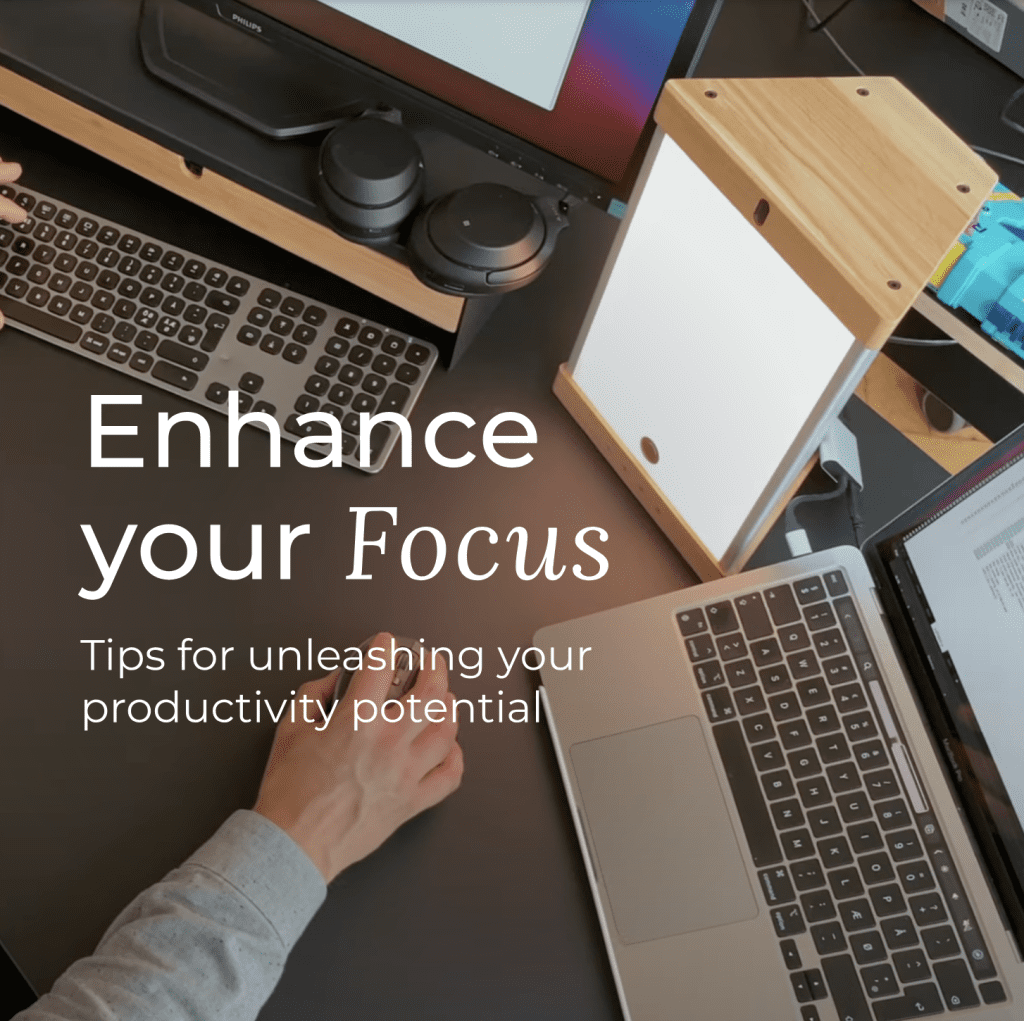
Conclusion
Enhancing focus is a skill that can be cultivated through intentional strategies and mindful practices. By implementing warm-up routines, embracing the natural ebb and flow of focus, incorporating focus-enhancing nutrients, and leveraging caffeine strategically, you can unlock your full potential and achieve peak performance in your professional and personal endeavors. Remember, finding what works for you may require some experimentation, so be patient and persistent in your pursuit of enhanced focus.












































